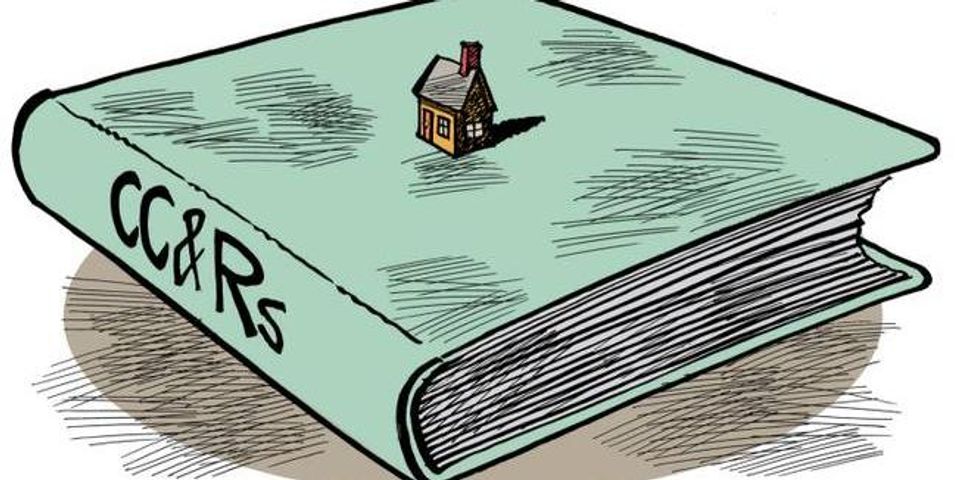Association Regulations Can Lose Their Teeth If Not Enforced
By HMI

Question: Our homeowners’ association board and management company do not enforce the restrictions contained in our governing documents. While the association occasionally sends out a letter to an owner advising them of a violation, there is no fining committee and to my knowledge the association has never filed any legal action to enforce our documents. Are our rules enforceable and are threats made by the association meaningless if there is no follow-up? W.W. (via e-mail).
Answer: Enforcement of the governing documents is one of the most challenging areas for many homeowners’ associations. While most board members do not want to be perceived as the “bad guy” or the “HOA Police”, the fact is that if the association does not consistently enforce the restrictions contained in its governing documents, such restrictions become unenforceable. There is ample case law in Florida on point.
Generally speaking, an association has two broad paths (which are not mutually exclusive) to enforce the governing documents. The first is to use fining and/or suspension of common facility use rights against the owner or occupants of the property. However, as you pointed out in your question, in order to impose a fine or common facility use right suspension for a violation of the governing documents, the association must have an independent review committee and must give the individual the association intends to fine and/or suspend no less than fourteen days’ notice of the hearing before the committee concerning the proposed fine and/or suspension. Further, if the violation is not corrected as the result of a fine or suspension, the problem remains unsolved.
The other option is to pursue legal action. Before an association may file a lawsuit to enforce its documents, it must first provide “notice and opportunity to cure” and must make an offer to mediate the dispute with the owner before going to court. An “injunction” is usually sought in court, and the winning party typically is entitled to recover his or her attorneys’ fees from the losing party.
If your association only sends warning letters and never pursues the matter further, any unenforced covenant or rule is likely unenforceable, at least in the short term. While there are sometimes ways an association can “re-invigorate” its restrictions if certain procedures are followed, it is better to have a uniform enforcement procedure in place to begin with.
October 16, 2015 by Joseph Adams, Becker & Poliakoff. Posted in Covenant Enforcement/Violations, Reader Q&A, Rules & Regulations, Suspensions, Fines & Remedies. Mr. Adams joined Becker & Poliakoff, P.A. in 1987. He concentrates his legal practice on the law of community associations, primarily representing condominium, cooperative and homeowners' associations, as well as country clubs, mobile home communities and amenities associations such as marinas and golf courses. He has been very active in community association legislation and rule making, and has drafted several pieces of legislation affecting community associations that have been adopted by the Florida Legislature.
With more than 40 years experience in Association Management and Property Management, Hara Management, Inc. has the expertise needed to efficiently manage your Homeowner’s or Condominium Association; or manage rental properties and apartment communities, while providing the highest level of service to Boards and Owners. Contact HMI’s General Manager Rick Michaud, or visit HMI online to learn more about their menu of services today.
About the Business
Have a question? Ask the experts!
Send your question

